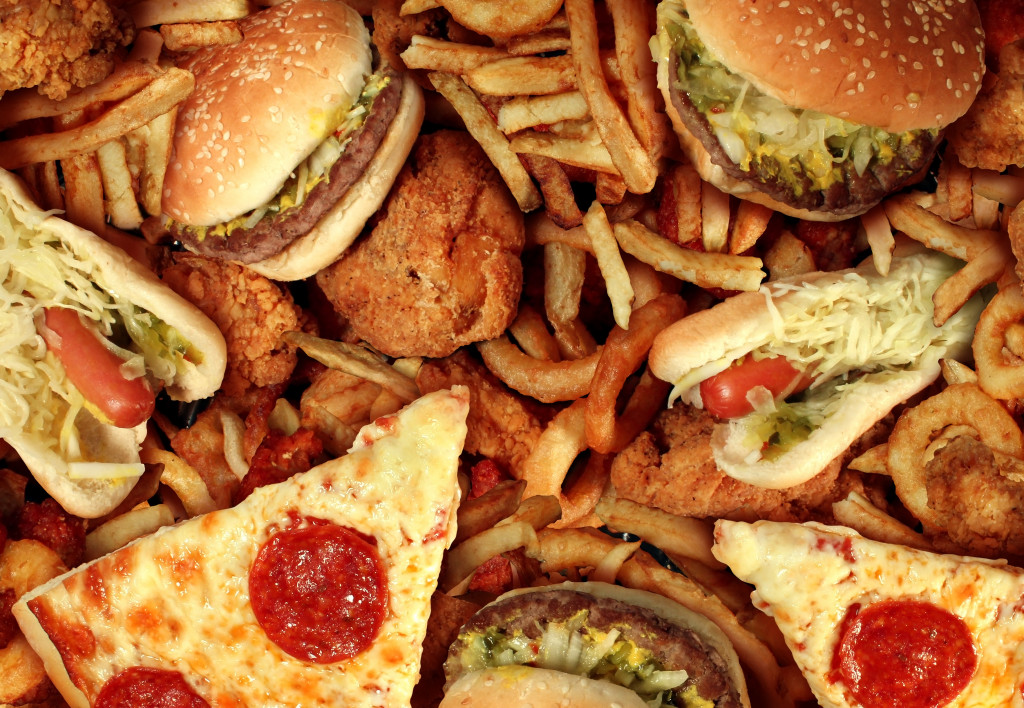The truth is everyone has habits that could harm their health. But the good news is, there are plenty of ways to reverse those bad habits and get back on track to optimal wellness. With these simple changes, you can start improving your health today.
1. You’re not getting enough sleep
There are several ways that poor sleep can affect your health, but the main one is weight gain. Research shows that people who don’t get enough sleep tend to eat more overall and be less active than those who do. This can contribute to an unhealthy body mass index (BMI) and a higher risk of obesity-related medical problems like heart disease.
There’s no specific amount of sleep you must get each night. However, studies show that adults need at least seven hours per night for optimal health. And while it may seem like there’s little harm in staying up late or falling asleep on the couch, the effects are cumulative over time. Aim for 8–9 hours per day to maintain good health throughout life.

2. You’re drinking high-calorie beverages
While you might think that drinking soda is healthy because it’s zero calories, the truth is that it does more harm than good. A single can of regular soda contains about nine teaspoons of sugar—that’s a hundred calories’ worth! That doesn’t even include the high-fructose corn syrup (HFCS) found in many diet sodas, which has been linked to obesity and Type 2 diabetes.
To avoid sabotaging your health with overindulgent drinks, try replacing them with water or unsweetened tea instead. Fizzy beverages like soda contain no nutrients and may actually cause weight gain by promoting overeating later on due to excess hunger caused by their high-sugar content. Drinking too much caffeine can also lead to poor digestion, irritability, and headaches. So make sure that you’re aware of how much caffeine you’re consuming before reaching for another cup!
3. You’re eating too much processed food
Processed foods are the worst offenders when it comes to sabotaging your health. These foods often contain high amounts of sodium and sugar and preservatives that can harm your body. Processed foods also tend to be high in fat and calories, leading you to overeat if you’re not careful.
Instead of eating processed foods, try to focus on fresh fruits and vegetables. These foods are naturally healthy and don’t contain any preservatives or other harmful ingredients. Plus, they taste amazing!
4. You aren’t getting enough water
Water is the most important thing for your body to function properly. But how much should you drink? How much do you need before and after exercise or when exercising in hot or humid weather? And what happens if you don’t get enough of it?
The average person needs about eight glasses of water a day. This works out to about two liters per day (2L). If you exercise regularly—even if it’s just walking 10 miles (ca. 16 km) a week—you should increase your daily intake by an extra four ounces. That would mean 12 ounces (0.35 l) before your workout begins and another 8 ounces during exercise (more on why this helps later).
In addition to keeping you hydrated, drinking more water can help with weight loss efforts because it keeps your stomach feeling full longer when paired with nutritious foods like fruits and vegetables without adding calories from sugary drinks like soda or juice. It also helps prevent constipation by lubricating the gut lining, allowing waste products to pass through quickly, so they don’t build up inside you!
5. You’re not getting enough fiber in your diet
One of the most important ways you can help your body function properly, especially in maintaining a healthy weight, is to ensure you’re getting enough fiber.
Fiber helps you feel full and maintain your blood sugar levels, so it’s good for weight loss and diabetes prevention. It also helps with digestion and keeps the bowels moving smoothly—which means less gas, bloating, and constipation.
The most obvious sources of fiber are whole fruits and vegetables (like sweet potatoes) and whole grains like brown rice or oats. However, other foods contain plenty of it: bananas, fresh berries, cooked beans such as lentils, and flax seeds.
6. You’re overeating sugary foods
Every food item in your kitchen has sugar, and chances are good that most of those foods aren’t even sweet-tasting. Most people don’t realize how many hidden sources of sugar they consume each day, but these sugars add up quickly and can lead to various health issues when they accumulate over time. Sugar is addictive and can cause brain chemistry changes that make it harder and harder for someone to stop eating the stuff once they start downing the sugary treats.
In fact, if you aren’t careful, sugar can be detrimental to your physical health, including your dental health. This is because sugar is a tooth enamel destroyer and can cause you to develop cavities at an early age. So if consuming sugar is already in your routine, visiting the dentist is a must before you turn around your lifestyle. Your dentist may also suggest you wear a hard acrylic bite splint or night guard to protect your teeth from clenching and grinding.
In the end, it can be hard to tell if you are sabotaging your health or not. The truth of the matter is that most people don’t even realize they’re doing it. But by recognizing these patterns, you can stop them before they get out of control.

